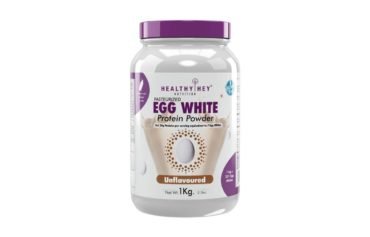Breakfast consumption is advised by several specialists, including the Academy of Nutrition and Dietetics, in order to improve general health and wellbeing. Does your go-to favorite, bagel with cream cheese calories count, qualify as healthy?

Carbohydrates And Grains
The U.S. Department of Agriculture advises adults to consume 6 to 8 ounces of carbohydrates from grains each day, and a bagel is an excellent source of these carbohydrates. It’s not quite that straightforward, though; around 3 to 4 ounces of those grains each day should be whole grains. Additionally, a single bagel could have more servings than you anticipate.
Whole grains include the entire grain, not simply a portion of it, as their name implies. You consume a lot of fibre, vitamins, and minerals when you eat whole grains. Although you might like the finer texture of refined grains like white bread or white rice, you won’t be getting as many nutrients.
A Bagel Is Just Bread, Right?
Yes, there is a hole in the middle of this very small slice of bread. The truth is that it’s not only about the ingredients in the bagel or whether it is inherently good or harmful; it’s also about what other foods the bagel could be replacing, or what you would have eaten instead.
The bagel and cream cheese would provide you with significantly more sodium and almost 50% more calories, mostly because of the fat in the cream cheese, even if you had poured yourself a gigantic serving of Total cereal and doubled all of its ingredient totals. However, given the importance of the vitamin and mineral content, that would only be providing a partial picture of the situation.
Also Read: Tastiest Healthy Food Addiction Recipes

A Look at a Bagel With Cream Cheese Calories
A larger examination of a bagel’s weight and nutritional information reveals that a big plain bagel with a diameter of 4 1/2 inches weighs around 130 grammes, or slightly more than 4 1/2 ounces. In other words, one bagel contains more refined carbohydrates than the average adult should have in a single day.
There are around 360 calories on that 4 1/2-ounce bagel. An additional 70 calories are added when 1 tablespoon of cream cheese is added. When compared to a slice of white bread, which contains 79 calories and only 1 ounce of weight, that bagel provides a lot more refined carbohydrates. Thus, one bagel is equivalent to roughly four slices of bread.
An egg bagel has eggs, so you might think it would enhance the protein content, but that isn’t really the case. A plain bagel offers 14 grammes of protein, whereas an egg bagel has 364 calories.
A multigrain bagel, on the other hand, would be a better option. A 4 1/2-ounce serving offers more than 8 grammes of fibre and only 313 calories. By choosing low-fat cream cheese instead of conventional cream cheese, which has 70 calories per tablespoon, cream cheese calories can be reduced.
Weight Control With Bagels
According to the Mayo Clinic, a whole-grain bagel is going to be a better choice for weight loss than a white bagel since the complex carbohydrates are absorbed more gradually, lowering insulin spikes.
It may be best to eat foods that are quickly digested and absorbed after engaging in vigorous or prolonged physical activity as an exception to this rule. Simple carbs break down quickly, which allows energy to reach your muscles more quickly for recovery.
Additionally, the nutrition facts on that basic bagel can look a little, well, lacklustre. Find ways to improve its nutritional value! Fruits and vegetables added to the cream cheese will add a powerful dose of vitamins and minerals for a fantastic start to your day.
Strawberries are a pleasant addition that are also high in vitamin C and folate. If savoury foods are more your style, sliced tomatoes, which include vitamins A and potassium, or carrots, which also contain vitamins A and C, go wonderful with cream cheese. In place of cream cheese, the Academy of Nutrition and Dietetics even suggests smearing hummus on your bagel.






